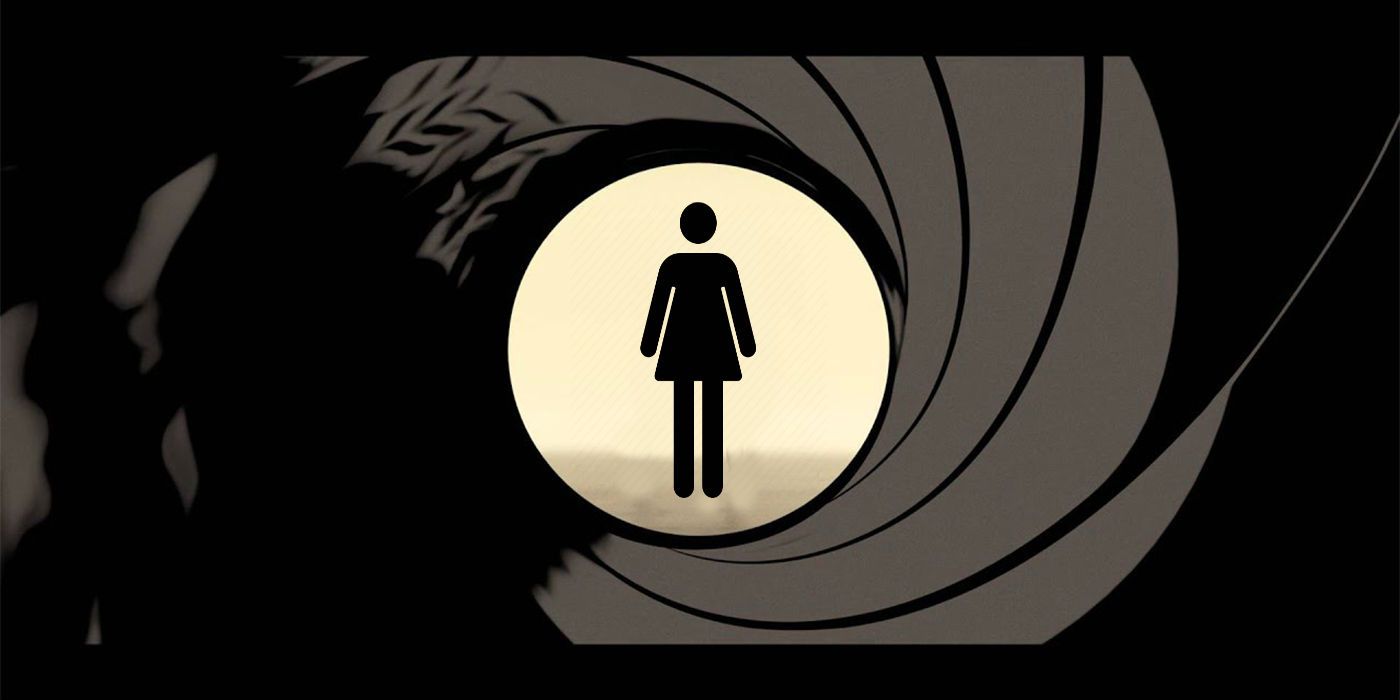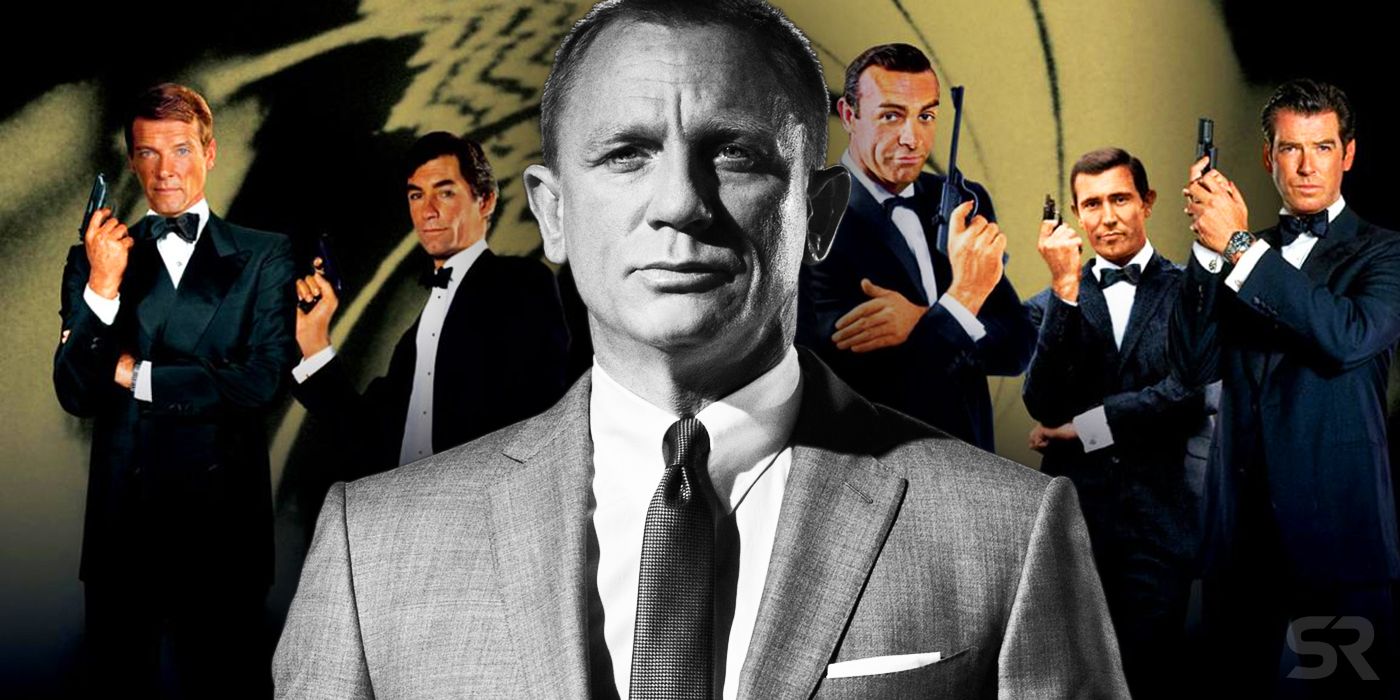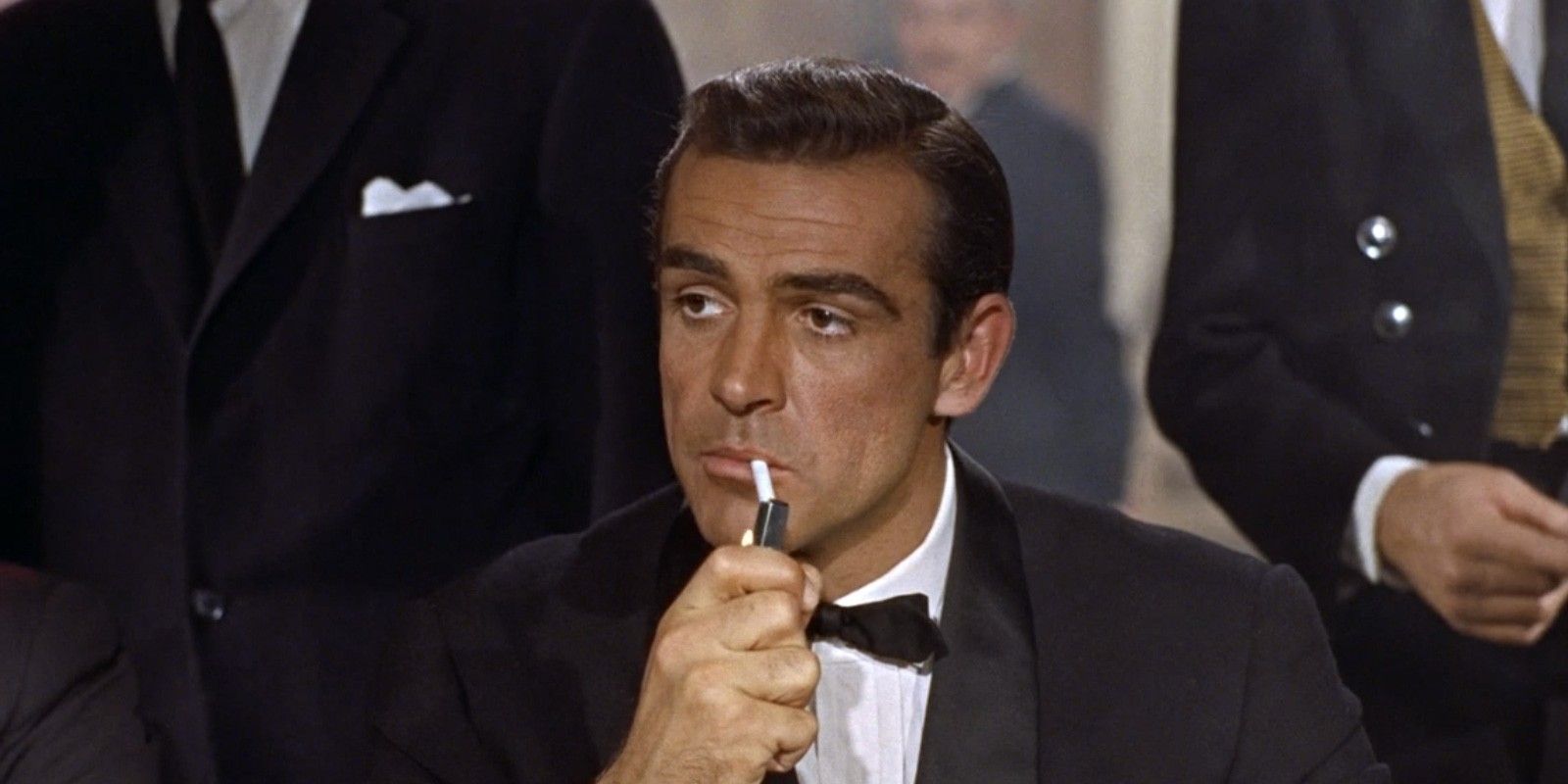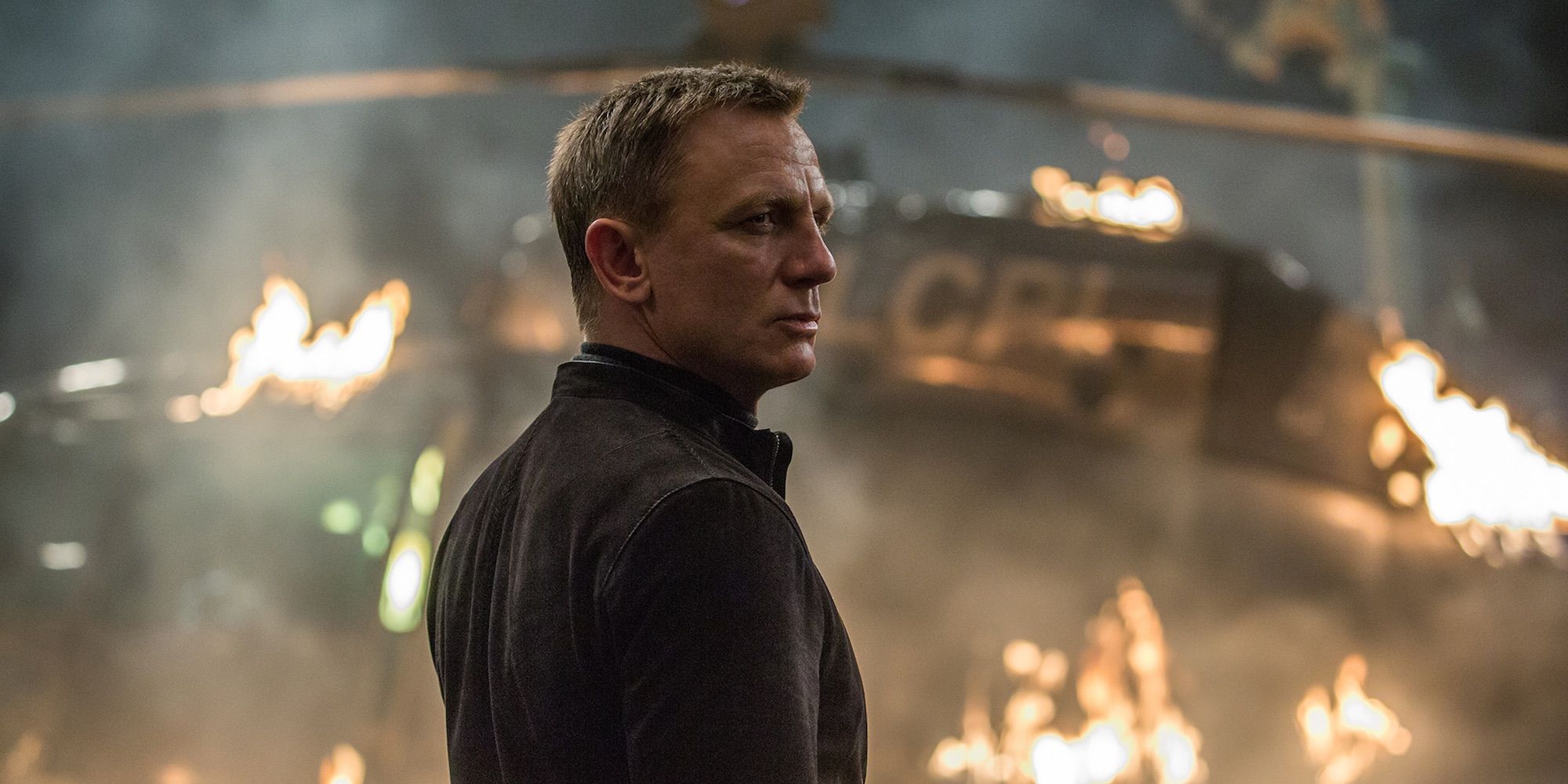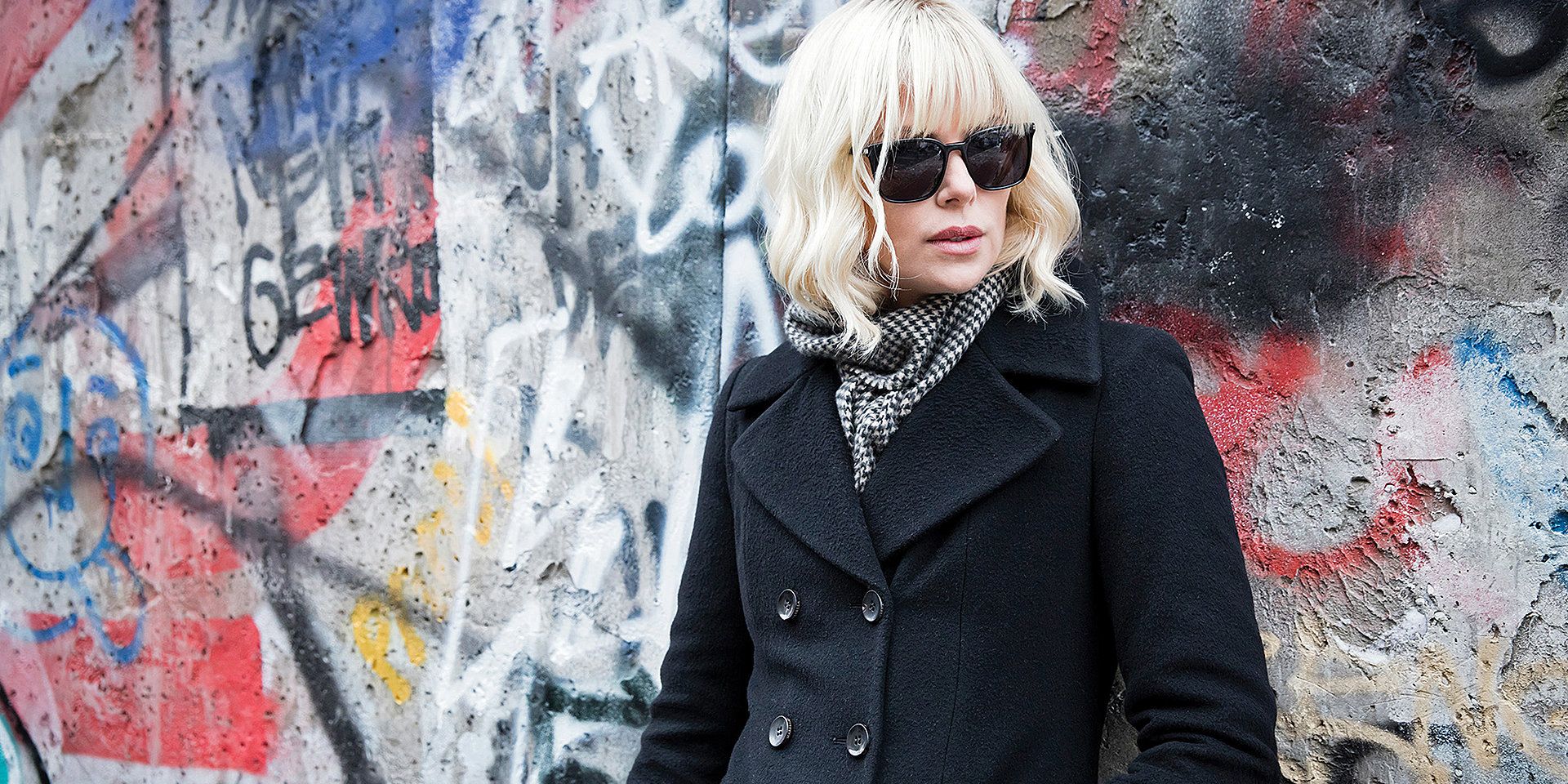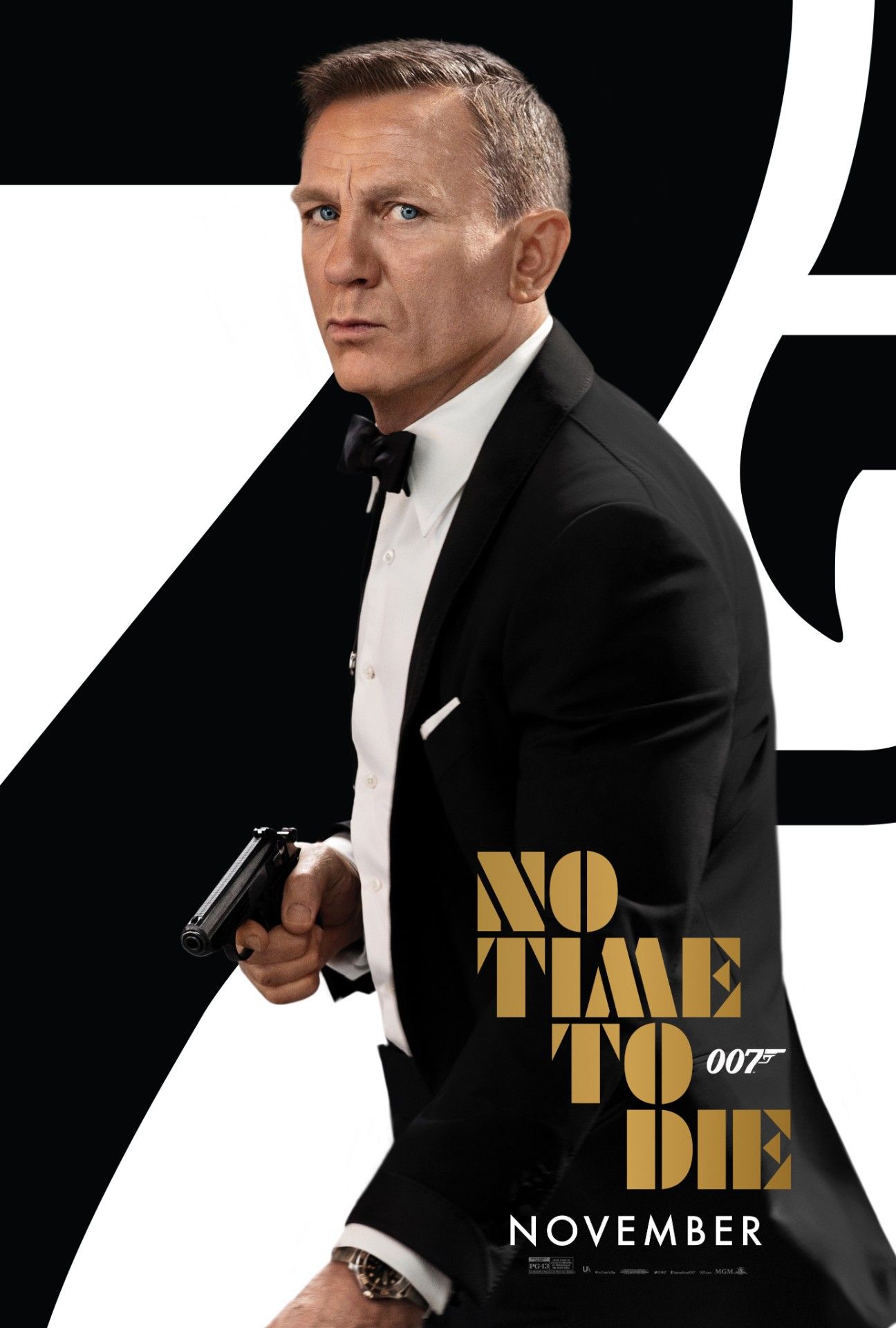Why does the prospect of a female James Bond inspire such controversy, and does the character's gender really matter? Following comments from ex-Bond actor, Pierce Brosnan, claiming that it was time a woman fronted the James Bond franchise - sentiments echoed by current 007, Daniel Craig - the entire debate has been cracked open once again and responses are as divisive and passionate as ever.
The prospect of a female lead in the James Bond franchise becomes more realistic as Daniel Craig inches closer to the end of his stint in the Aston Martin. Adding fuel to the fire, it was widely reported earlier this year that No Time To Die would see Lashana Lynch portray a new 007, with Craig's character beginning the upcoming film in the quiet boredom of retirement. While Lynch and Craig will be playing two separate spies in No Time To Die, the rumors did reignite the debate as to whether a woman could one day lead the James Bond series.
Casting women in traditionally male roles is an increasingly common phenomenon in film and TV. Ghostbusters launched a female-fronted reboot in 2016 and Jodie Whittaker currently portrays the title character in Doctor Who. A certain degree of backlash was present in both instances and the same goes for James Bond, but where does the controversy emanate from, and should it affect the casting of future Bonds?
James Bond Means Different Things To Different People
To ascertain whether James Bond could be portrayed by a female, it's perhaps useful to examine the core, unmistakable components of the character. Problematically, however, these elements can vary wildly according to different sections of the audience, which might explain why attitudes to a female Bond can be so diverse. For some, James Bond is verbatim the character Ian Fleming first concocted in 1953 - a cold and ruthless gentleman secret agent with an addiction to nicotine and straddling a razor-thin moral line.
For others, the iconic character is synonymous with Sean Connery, the relatively well-to-do male spy with a taste for danger, women and protecting Queen and country with a stiff upper lip. Perhaps to a younger audience, the definition of Bond is considerably looser. In 2019, Bond is arguably best known as the grandfather of cinematic spy movies; an oft-parodied and constantly changing icon who can get away with a little questionable behavior because watching his adventures on the big screen is so much fun.
Undoubtedly, there is some level of crossover between these differing perspectives, and these could perhaps be considered the attributes Bond cannot do without.
Why A Female James Bond Is So Controversial
Any cinematic gender-flip seems to court a certainly amount of negativity, whether because of personal prejudice, a resistance to change or an aversion to a perceived campaign of political correctness, but some examples certainly provoke a more aggressive response than others. In the case of Doctor Who, for instance, the casting of a female Doctor was hard to argue against, since the character's process of regeneration renews every cell in the Time Lord's body. From a narrative point of view, therefore, the Doctor's gender is open to change.
Unless you subscribe to the theory that the name is merely a designation, this isn't the case with James Bond. Although the lead actor may change, each iteration is offering a different interpretation of the original, rather than directly continuing the work of a predecessor. For many fans, every version of Bond must therefore sit within certain parameters and some of these qualifications can be relatively strict. It's worth remembering that when Daniel Craig was cast, many were astounded that a man with blond hair would even be considered for the role. Looking back, that whole furor seems somewhat ridiculous.
Many of those firmly against the idea of a female Bond cite the character's masculinity as a central part of the role; that without the testosterone, Bond would simply not be Bond. Others assert that since James Bond was originally envisioned as a man, and has a male name, those qualities should not be altered some 60 years after the fact.
Why Bond's Gender Doesn't Matter
For all the comment and discussion surrounding Bond's masculinity, is gender actually as critical to the character as some would suggest? If one considers the key James Bond ingredients as a love of danger, a somewhat damaged psyche, a cool persona and a fondness for fast cars and casual sex, there's no apparent reason these qualities couldn't be portrayed by a woman - as much as it might not adhere to the Hollywood norm. If a hypothetical, untitled female-fronted spy movie was released starring a lead character with these very qualities, viewers would undoubtedly sense the James Bond parallels, even without any overt connection to the franchise. Masculinity is only integral to the Bond character when thinking in terms of male and female stereotypes.
While casting a female as James Bond would certainly be the franchise's most significant deviation from the original so far, it's important to consider that Bond's characterization has been far from static over the years. If modern Bond films were faithful to the spy's literary beginnings, then expect No Time To Die to feature a smattering of casual racism and homophobic remarks. In truth, the character of James Bond has already evolved with the times out of necessity, not just in terms of outdated views, but also in his more heroic, less morally-gray portrayal. Some say a female Bond would be a betrayal of the source material. Others say that ship has long since set sail - and for the better.
A woman leading the Bond franchise would also work within both narrative perceptions of the franchise. For those who see "James Bond" as a code name taken on by a succession of spies, the story writes itself. However, even if you prefer the view that each iteration of Bond takes place within a brand new continuity, it's not too far of a stretch to imagine that one iteration could potentially be female. The biggest obstacle is the name "James" - hardly enough of a reason to restrict the entire casting pool by 50%.
A Female Bond Isn't A Substitute For Original Roles
Most of the arguments against a female 007 revolve around what the character may or may not be suited towards, but there is another side to the argument. Casting women in roles usually occupied by male actors is often seen as a progressive step, but is it actually little more than a bandage to cover the dearth of quality leading roles for women in the industry?
Thinking specifically within the spy sub-genre, the vast majority of releases star an action-ready male lead, with the leading lady cast in the mold of a love interest or femme fatale. There have been efforts to address this imbalance in recent years, most notably with 2017's Atomic Blonde, but the dominant traditional formula persists. While the idea of a "female James Bond" could certainly be seen as a step towards equality, it perhaps doesn't compare to the creation of brand new female characters that could carry a franchise for decades and launch the careers of multiple generations of actresses in the same way that James Bond has done.

